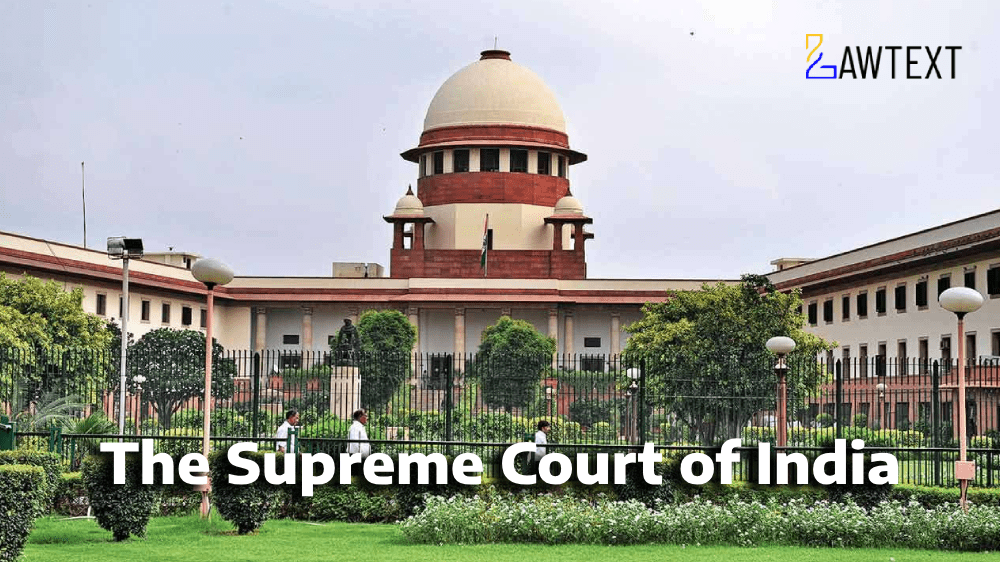

Parties Involved:
Election Petition:
The respondent filed an election petition in the High Court of Manipur, alleging that the appellant had failed to disclose her assets in her nomination papers and had engaged in corrupt practices, which violated the Representation of the People Act, 1951 (RPA).
Application for Rejection:
The appellant sought to have the election petition rejected under Order VII Rule 11 of the Code of Civil Procedure, 1908, and Section 86 of the RPA, on the grounds that no cause of action was disclosed and that no specific allegations of corrupt practices were made.
High Court's Decision:
The High Court dismissed the appellant’s application for rejection, stating that the issues raised required examination in trial and could not be summarily dismissed.
Supreme Court's Decision:
The Supreme Court upheld the High Court's ruling, stating that there was "substantial compliance" with the requirements of Section 83 of the RPA and that the petition disclosed a triable cause of action. The Court emphasized that minor defects in affidavits or other technicalities do not warrant the dismissal of an election petition at the threshold.
The Supreme Court held that election petitions should not be dismissed at the threshold if there is substantial compliance with statutory requirements, even if there are technical defects or omissions in the accompanying affidavit or particulars of corrupt practices. The Court emphasized the principle of substantial compliance as laid down in earlier judgments (G.M. Siddeshwar v. Prasanna Kumar and Thangjam Arunkumar v. Yumkham Erabot Singh), and ruled that these technical issues can be cured during the trial process.
Code of Civil Procedure, Dismissal of Election Petitions, Substantial Compliance.
#ElectionLaw #ManipurElections #RepresentationOfThePeopleAct#OrderVII
Citation: 2024 LawText (SC) (9) 135
Case Number: CIVIL APPEAL NO. OF 2024 (Arising Out of Special Leave Petition (C) No. 20580 of 2023)
Date of Decision: 2024-09-13
Case Title: KIMNEO HAOKIP HANGSHING VERSUS KENN RAIKHAN & ORS.
Before Judge: [SUDHANSHU DHULIA J. , AHSANUDDIN AMANULLAH J.]
Appellant: KIMNEO HAOKIP HANGSHING
Respondent: KENN RAIKHAN & ORS.